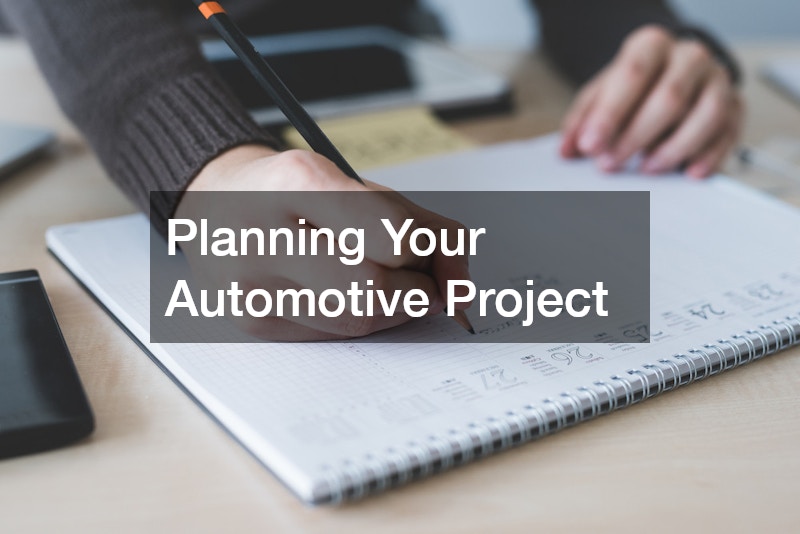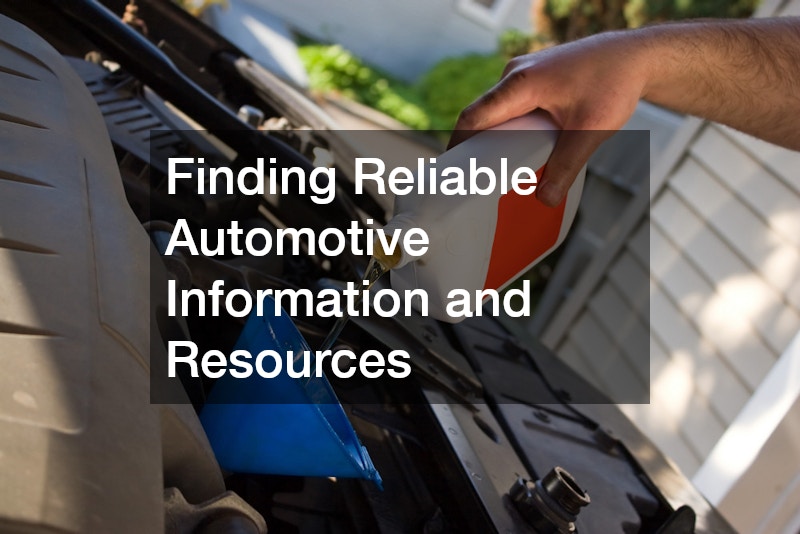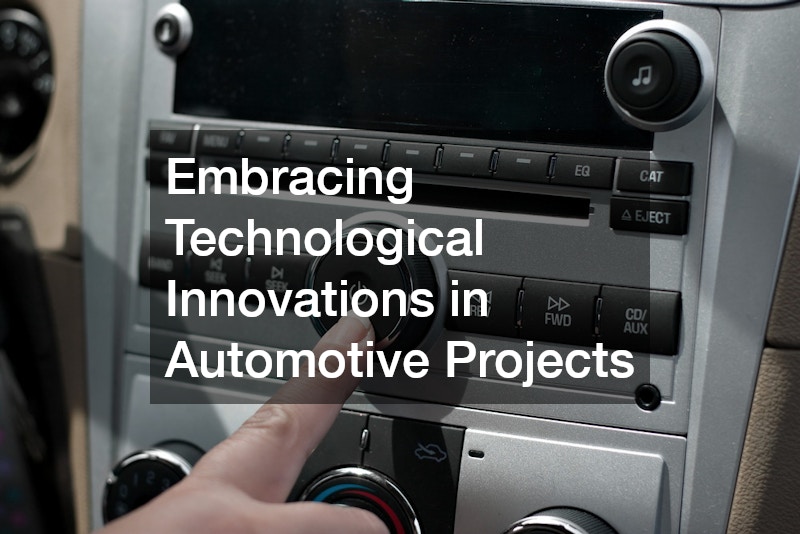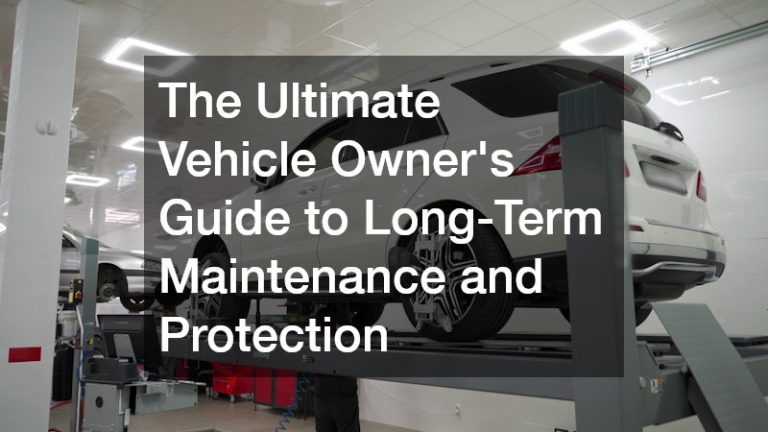

All automotive projects, regardless of their complexity or scope, require careful planning, execution, and maintenance. Whether you are a seasoned mechanic or an enthusiastic DIYer, understanding the intricate details of automotive projects is crucial for success. This guide will delve into essential aspects, providing insight into everything from planning your automotive project to embracing the latest technological innovations. By exploring these ten key areas, you will gain valuable knowledge that will empower you to take your automotive endeavors to the next level. Throughout this article, we will highlight some key considerations, including industrial supplies, metal fabrication, scrap metal recycling, muffler systems, diesel engine rebuilds, registration renewals, garage door installation, air conditioning repairs, RV mechanics, and the role of towing companies. By the end, you’ll have a wealth of information to confidently manage and optimize all automotive projects.
1. Planning Your Automotive Project

Planning is the cornerstone of any successful automotive project. It involves identifying the objectives, resources required, timelines, and potential challenges. One of the first steps is understanding the scope and limitations of the project, which may include factors such as budget, availability of industrial supplies, and required skills. For all automotive enthusiasts, having a structured plan ensures an efficient and organized approach.
When planning your automotive project, take into account the need for specific materials and industrial supplies, as they can significantly impact your project’s timeline and budget. Consider the option of renting specialized tools if purchasing them outright isn’t feasible. Effective planning also includes setting realistic deadlines and benchmarks to measure progress. Regularly revisiting your plan helps in keeping track of the project’s development and making necessary adjustments.
Moreover, a comprehensive plan should consider all automotive aspects, such as safety protocols, regulatory requirements, and environmental impacts. This holistic approach ensures that every component of the project is aligned with broader goals. Whether you’re involved in metal fabrication or crafting a custom muffler, detailed planning is indispensable for achieving the desired outcome.
Additionally, networking with experts in the automotive field can provide valuable guidance. Engaging in forums, attending industry workshops, and consulting experienced professionals can enhance your knowledge and help you anticipate potential pitfalls before they become major setbacks. Staying informed about advancements in automotive technology, such as automation and electric vehicle integration, can also provide new opportunities for innovation in your projects.
2. Selecting the Right Tools for All Automotive Tasks
Selecting the right tools is an integral process to the execution of all automotive projects. Selecting the right tools involves understanding the specific requirements of each task and the level of precision needed. From basic hand tools to advanced metal fabrication equipment, having the right toolkit is essential. It not only enhances efficiency but also ensures safety and accuracy.
Quality tools for all automotive tasks often come with higher upfront costs, but they guarantee durability and reliability. Investing in high-quality equipment is especially important in areas like metal fabrication where precision and safety are paramount. Always prioritize sourcing your tools from reputable suppliers to avoid substandard products that may compromise your work.
While advanced tools are crucial, understanding their operation is equally important. Training yourself or your team on the correct usage of tools can prevent accidents and prolong the lifespan of the equipment. Proper maintenance, including regular inspections and timely repairs, is necessary to ensure that all tools remain in optimal condition for all automotive tasks.
Furthermore, exploring innovative tools such as digital diagnostics and smart repair technologies can greatly enhance project efficiency. Modern tools equipped with artificial intelligence and automation features help streamline complex automotive tasks, reducing errors and increasing accuracy. Ensuring that you stay updated with the latest advancements in automotive tools can significantly improve the quality and speed of your projects.
3. Understanding Automotive Safety Protocols
Safety should be a top priority in all automotive projects. Adhering to safety protocols not only protects individuals from injury but also contributes to the overall success of the project. Comprehensive safety measures must cover everything from personal protective equipment (PPE) to safe working environments.
Implementing standardized safety protocols in all automotive projects involves educating team members about potential risks and appropriate responses in case of emergencies. Regular safety training and drills are effective in keeping everyone informed and prepared. Emphasizing the importance of PPE such as gloves, goggles, and protective clothing can significantly reduce the risk of accidents.
Furthermore, all automotive workspaces should be equipped with emergency equipment like fire extinguishers and first aid kits. Routine checks and maintenance of such equipment enhance overall safety. Integrating a culture of safety not only mitigates risks but also fosters a responsible and vigilant team environment.
In addition to basic safety protocols, keeping up with regulatory standards and certifications can ensure compliance with industry regulations. Many jurisdictions require specific safety measures to be in place for automotive projects, and failure to adhere to them can lead to legal consequences. Implementing a safety-first mindset will ensure smoother operations and better long-term project outcomes.
4. Finding Reliable Automotive Information and Resources

In the digital age, finding reliable automotive information and resources is essential for successfully managing all automotive projects. Whether you’re looking to replace a muffler or undertake rigorous vehicle testing, accessing accurate data and insights can make a significant difference in outcomes.
The internet provides vast resources ranging from how-to videos to scholarly articles, catering to various levels of expertise within the automotive domain. Forums and online communities are also invaluable platforms for engaging with other enthusiasts and professionals, sharing knowledge, and troubleshooting complex issues.
Despite the abundance of online resources, verifying their credibility is crucial to avoid misinformation. Cross-referencing information from multiple reliable sources and consulting automotive experts when in doubt can empower you to make informed decisions. Keeping abreast of the latest developments in the field ensures all automotive endeavors are informed by the best available knowledge.
Additionally, leveraging automotive software and mobile applications can provide quick access to repair manuals, diagnostic tools, and industry news. Many professional organizations also offer membership benefits, including exclusive access to research materials, training programs, and networking events. Utilizing these resources can help you stay ahead in the ever-evolving world of automotive technology.
5. Troubleshooting Common Automotive Issues
Troubleshooting is an essential skill that helps in addressing common automotive issues efficiently. These problems can stem from various components such as diesel engines, brakes, or electrical systems. Knowing how to diagnose these issues is crucial for both preventing downtime and avoiding costly repairs.
Developing a systematic approach to troubleshooting involves understanding common symptoms and potential causes. For instance, identifying unusual sounds or performance drops in a diesel engine might indicate a need for a rebuild. Such diagnostic skills are built through experience and continuous learning within the all automotive sphere.
Besides individual expertise, leveraging diagnostic tools can expedite the troubleshooting process. Tools like automotive scanners can pinpoint issues in complex systems, providing valuable data for analysis. Building a solid foundation in troubleshooting common automotive issues minimizes disruptions, ensuring smooth operations within all automotive ventures.
6. Implementing Best Practices for Automotive Maintenance
Effective maintenance practices are vital for prolonging the life of any vehicle. For all automotive projects, establishing a regular maintenance schedule ensures that various components are functioning at optimal levels. This proactive approach helps in identifying issues before they escalate, saving time and resources.
Maintenance practices should encompass everything from routine oil changes to timely registration renewals. Ensuring every aspect of the vehicle adheres to legal and mechanical standards prevents unexpected hurdles and complies with regulatory requirements. Regular inspections and maintenance can also aid in improving fuel efficiency and overall performance.
Training personnel involved in maintenance tasks is equally important, as improperly conducted maintenance can lead to unnecessary wear or even damage. Utilizing proper documentation and checklists streamlines the maintenance process while ensuring all tasks comply with industry standards. Adopting these best practices instills a culture of diligence and reliability within all automotive operations.
7. Enhancing Automotive Performance

Enhancing automotive performance involves optimizing various vehicle elements to improve speed, efficiency, and reliability. These enhancements can be achieved through activities like fine-tuning the engine, upgrading the suspension, or installing new components. Understanding the potential and limitations of these modifications is essential.
Some performance improvements might involve adjustments to the garage setting, such as the installation of a specialized garage door that accommodates larger vehicle modifications. Garage door installation serves the dual purpose of providing ample workspace and securing valuable automotive projects.
All enhancements should be aimed at achieving a robust balance between performance and safety. Consultations with experienced mechanics or performance specialists can provide insights into the most effective strategies for performance enhancement. Advancements in technology also provide new avenues for performance optimization across all automotive platforms.
8. Considering Sustainability in All Automotive Projects
Environmental considerations play a crucial role in modern automotive projects. As society places increasing emphasis on sustainability, all automotive initiatives must strive to minimize their ecological footprint. This involves careful planning of supply chains, waste management, and overall energy consumption.
Focusing on eco-friendly practices, such as efficient scrap metal recycling, can significantly reduce waste and promote the sustainability of all automotive projects. Additionally, investing in energy-efficient appliances or systems, like eco-friendly air conditioning repairs, contributes to greener projects.
Adhering to environmental protocols can also elevate project standards, appealing to environmentally-conscious customers and clients. Staying informed on new regulations and technologies ensures that all automotive undertakings remain compliant with contemporary environmental guidelines, fostering a reputation for responsibility and innovation.
9. Navigating Regulatory and Legal Aspects
All automotive projects are subject to various regulatory and legal mandates. Understanding these requirements is essential for avoiding penalties and ensuring compliance with national and local laws. Legal considerations may include safety standards, emissions regulations, and import-export restrictions.
Working with a towing company can highlight the importance of adhering to legal protocols, as towing operations generally comply with strict regulations. Familiarizing yourself with both general automotive laws and specific obligations related to your projects is imperative.
Consulting legal experts helps in navigating complex regulatory landscapes and achieving full compliance. Staying proactive about changes in automotive-related laws and regulations enhances operational readiness and positions all automotive projects for long-term success.
10. Embracing Technological Innovations in Automotive Projects

Technological advancements are reshaping the automotive industry, providing unparalleled opportunities to revolutionize all automotive projects. From electric vehicles to autonomous driving systems, these innovations promise improved efficiency, safety, and sustainability.
To leverage technological advancements effectively, building partnerships with dedicated experts, such as an RV mechanic who specializes in RV repair and new technologies, is beneficial. They offer valuable insights into implementing cutting-edge solutions within existing frameworks. This understanding is imperative to making the transition seamless and impactful.
Exploring new avenues for innovation can provide a competitive edge, whether through smart systems monitoring vehicle performance or adopting new manufacturing techniques. Cultivating a forward-thinking mindset ensures that all automotive projects are well-positioned to harness emerging technologies, capitalizing on innovation and staying ahead of the curve.
This comprehensive guide reveals key strategies for navigating the complexities of all automotive projects. We have scrutinized planning, selecting appropriate tools, safety protocols, sourcing information, troubleshooting, maintenance, performance enhancement, environmental considerations, legal aspects, and technological innovation. Each facet underscores the importance of a methodical and informed approach, ensuring success across the board.
Diligent attention to these domains enhances the quality, safety, and efficiency of all automotive activities. Emphasizing continuous learning and adaptation to new trends empowers automotive enthusiasts and professionals alike to stay competitive and relevant. Through meticulous planning, strategic investment in tools and training, and the cultivation of a safety-first mindset, all automotive endeavors are poised for sustained success.
By taking these insights forward, you can elevate your projects, capitalizing on advances in technology and adhering to industry standards. As you engage in various automotive activities from metal fabrication to comprehensive vehicle diagnostics, equipped with this guide, you are well-prepared to navigate and excel in the ever-evolving world of all automotive projects. Commitment to best practices, innovation, and environmental responsibility will not only lead to personal success but also contribute positively to the industry as a whole, ensuring long-term sustainability and progress.




